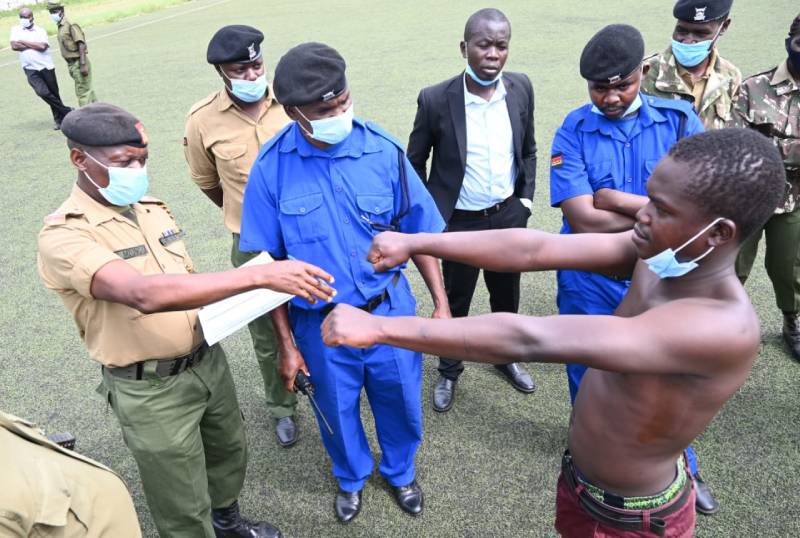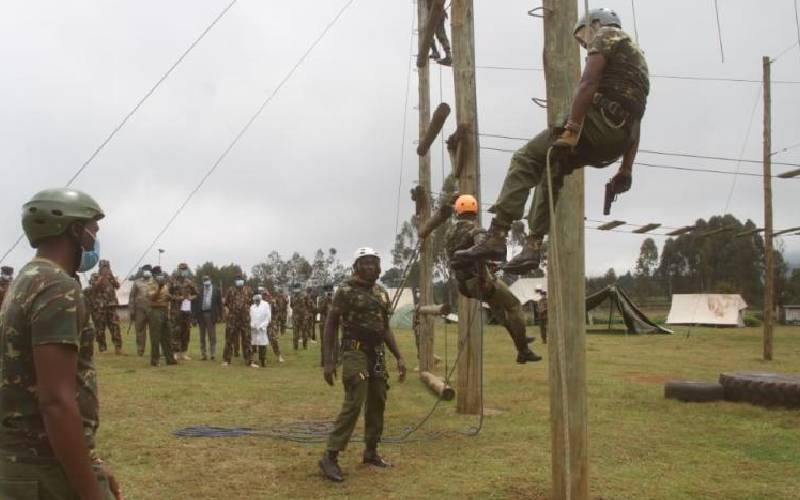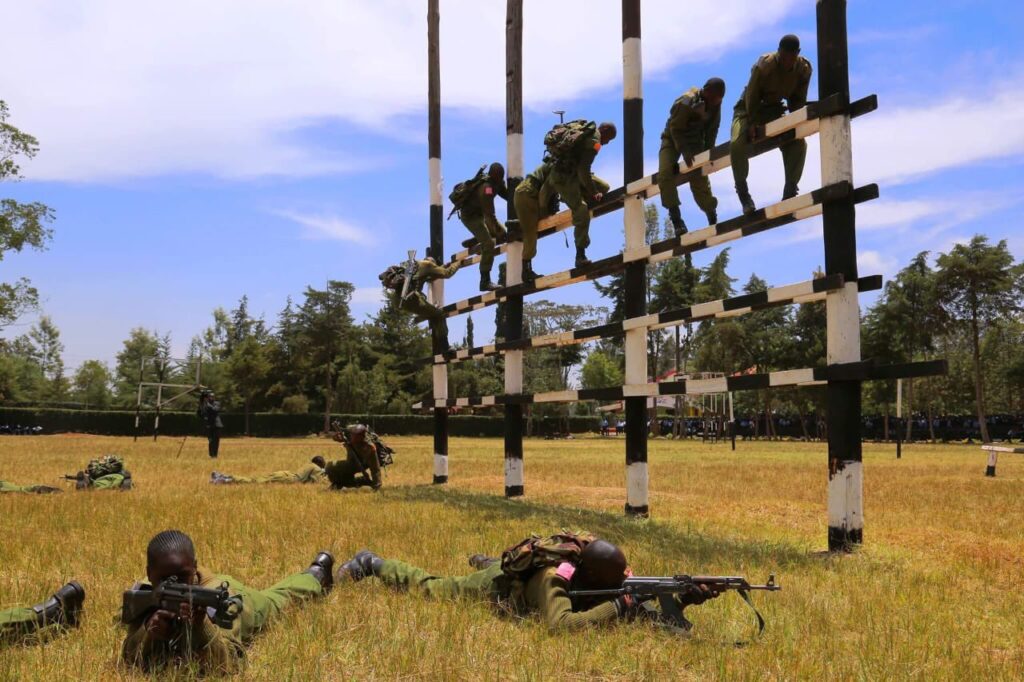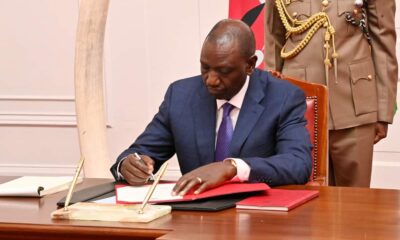The National Police Service Commission (NPSC) has declared the national police recruitment of 10,000 police officers that will be held between Friday, October 3, and Thursday, October 9, 2025.
Upon recruitment, successful candidates will be subjected to rigorous training in special Police Training Colleges, including the Kiganjo Police Training College, before they are formally absorbed into the national police service (NPS).
Training of the police is not only physical fitness but also mental hardness, being emotionally stable, academic readiness, and strong discipline. This is a full-fledged guide on how to prepare for life in a Police Recruitment Training Center in Kenya.

Police recruitment
What to Expect During Police Training
Recruits should prepare for a rigorous and structured lifestyle. Training is designed to transform candidates into disciplined, skilled, and ethical officers ready to serve the country. Expect:
-
Military-style discipline and routine
-
Physical drills and combat training
-
Academic and legal instruction (law, police procedures, human rights)
-
Weapons training
-
Leadership development and teamwork exercises
-
Strict rules and limited personal freedom

Police training
Physical Preparation
Police training is physically demanding. To succeed, start preparing at least 2–3 months before reporting.
Recommended practices:
-
Daily runs (long-distance and sprints)
-
Strength exercises like push-ups, sit-ups, planks, and squats
-
Balanced diet rich in protein, fruits, and whole grains
-
Adequate hydration to keep the body fit
Avoid:
-
Laziness and poor sleep habits
-
Smoking or excessive alcohol consumption
-
Crash dieting or sudden weight cuts
-
Overtraining just before reporting
Mental & Emotional Readiness
Life in training is not easy it involves early mornings, strict discipline, and constant pressure. To prepare:
-
Practice self-discipline (wake up early, follow routines)
-
Learn to obey rules and respect authority
-
Build mental resilience to handle stress, shouting, and tough drills
-
Develop teamwork and learn to support others
Academic Preparation
Recruits are expected to grasp important academic and professional concepts. Candidates should familiarize themselves with:
-
The Kenyan Constitution & Law
-
Human Rights and Ethics
-
Criminal investigation basics
-
Police procedures and report writing
-
First Aid skills
-
Effective communication in English and Kiswahili
Tip: Begin reading relevant materials and practice both written and spoken communication before reporting.
Personal Preparation
Proper documentation is crucial for admission into the training colleges. Candidates must carry:
-
National ID and Admission Letter
-
Academic Certificates (KCSE and others as required)
-
Medical reports (if applicable)
-
Mandatory clearance certificates from:
-
Ethics and Anti-Corruption Commission (EACC)
-
Kenya Revenue Authority (KRA)
-
Higher Education Loans Board (HELB)
-
Directorate of Criminal Investigations (DCI)
-
Credit Reference Bureau (CRB)
Ensure all documents are valid and neatly organized before reporting.
Conclusion
Serving in the National Police Service is an honorable event that cannot be achieved through passing the recruitment but also requires mental, physical, and emotional change.
When you are one of the recruits who succeed, begin preparing on time.
Fit up, train your body, discipline your mind, revise your essential knowledge, and order your paperwork.
Kenya has the Police Training Colleges, and with proper preparation, you will not only survive but also excel in them as the stepping stone to a prosperous career in law enforcement.

Kenya police recruits in uniform during physical training drills at a training college, preparing for service in the National Police Service.
Read also: What to Do If You Are Unfairly Disqualified from Police Recruitment in Kenya

 Entertainment12 hours ago
Entertainment12 hours ago
 Politics2 days ago
Politics2 days ago
 Business News1 week ago
Business News1 week ago
 Business News7 hours ago
Business News7 hours ago
 General News8 hours ago
General News8 hours ago












